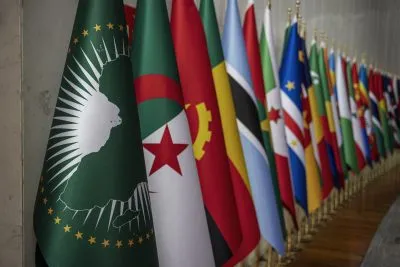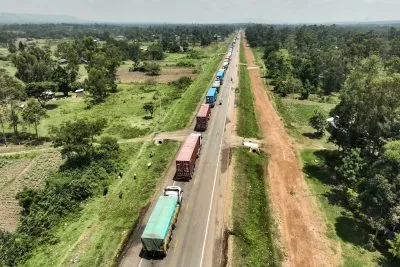Over the last decade, banking in Africa has been undergoing a major change. Big local banks have emerged and gone regional. They have successfully challenged the old colonial banks that previously dominated the banking industry.
Along with this has been a step change in the introduction of cards, ATMs and increasingly, mobile banking. Banking and banking products are now accessible to an increasingly larger, albeit, small proportion of the population. The vast majority of Africans still do not have access to basic banking products and services.
The next stage in the development of banking in Africa will be transformational. It will seek to replace existing traditional banking models with models more appropriate to addressing the urgent issues of financing much-needed development and infrastructural projects on the one hand; and, on the other hand, making banking more accessible to the majority of the population at a cost that they can afford.
Current continental and global trends are also playing a key role in driving change in the African banking industry. Long-established international banks are ‘going home’, driven by Basle 3 capital and liquidity rules and stringent domestic banking regulations.
Global banks, including those with a presence in Africa, are under pressure to boost capital ratios and improve liquidity. As a result, many of them have responded by cutting trade and credit lines to Africa and in some cases either halting expansion plans or selling off their African operations.
At the same time, African banks are under pressure from domestic regulators to boost their capital ratios and improve efficiency and profitability.
They are being urged to make banking more accessible and more inclusive and to finance much-needed infrastructural and developmental projects. Meanwhile, they continue to rely on traditional banking models of branch network, expensive technology and telecommunications, inadequate systems and processes, and a limited and relatively expensive talent pool.
Closing the gap
To address this gap in the supply and demand framework, banks in North Africa have expanded their operations southwards. At the same time, new players have emerged, such as Atlas Mara Co-Nvest, which is looking to acquire banks in sub-Saharan Africa outside South Africa.
New banking models are also emerging that seek to leapfrog existing banking models. In the consumer space, M-Pesa in Kenya, East Africa, pioneered affordable mobile micro-payments with the support of the Kenyan banking authorities, which in turn pioneered the regulatory framework for agency banking through non-bank agents such as merchants.
Wari, a fast-growing mobile transactions company, is doing the same thing in West Africa out of Senegal. These basic payment models are now evolving into more comprehensive mobile banking business models that also offer credit, investment and insurance products – services delivered over the mobile phone. Many of these pioneers are now going regional and global.
Along with the mobile revolution in consumer payments, there has been the step change in the scale of banks. Whereas a decade ago, there was no African bank outside South and North Africa that had assets of over $10bn, now there are big banks out of Togo, Nigeria, Angola and Kenya that have significantly scaled up.
With increasing size and financial clout, these new players are expanding either regionally or on a continental basis, and increasingly taking on the role of national or continental champions.
Want to continue reading? Subscribe today.
You've read all your free articles for this month! Subscribe now to enjoy full access to our content.
Digital Monthly
£8.00 / month
Receive full unlimited access to our articles, opinions, podcasts and more.
Digital Yearly
£70.00 / year
Our best value offer - save £26 and gain access to all of our digital content for an entire year!
 Sign in with Google
Sign in with Google 


